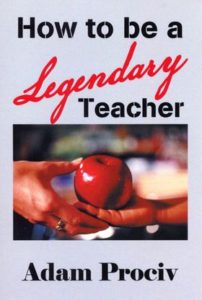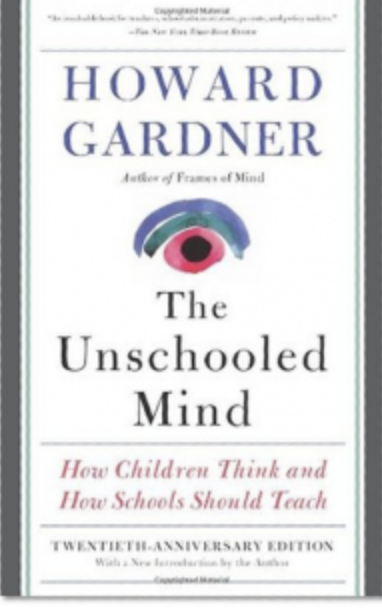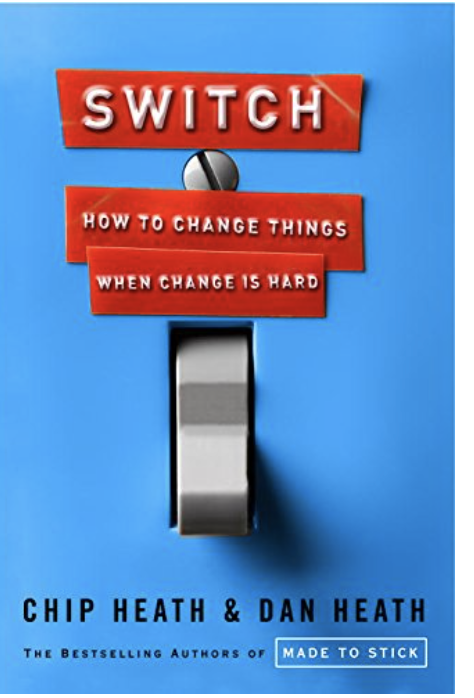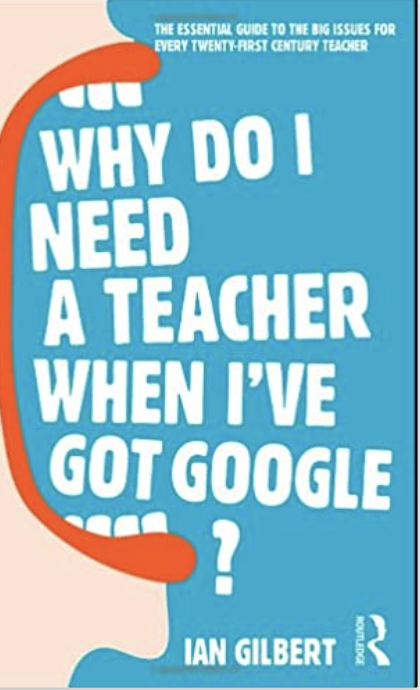From: https://teachingutopians.com/2019/02/17/top-seven-books-every-educator-and-efl-teacher-should-read-this-year/?fbclid=IwAR0kwUwkY9lmWSBibmm5qWvsRqd_8iWdsMB5fKMxS-6hz1nVohkjORKkS38
Top Eight Books Every Educator And Teacher Should Read
Books Every Educator And Teacher Should Read
If you are a teacher of English, an educator, or someone who is highly preoccupied with educational issues, this post might be of great help to you.
Many people would confirm the statement that says: ‘reading is the ultimate source of learning’. We all realize that learning is never circumscribed to a certain period of time. Actually, learning never ends. People would spend their time learning new things every day.
In this post, we tried to collect to you some of the most important books that every educator and EFL teacher should read starting from now. Reading these books will definitely help you in understanding so many issues that relate to the human mind, language teaching, and learning. These books are available online and you can fetch them easily.
Note that these books are so useful and that they are acknowledged wolrd-wide. Reading them may enable you to have a microscopic understanding of different educational stuffs.
The Unschooled Mind’ By Howard Gardner.
This is really a valuable piece of work for teachers, parents, school administrators, and policy-makers. Most of you certainly know the greatest scientist Howard Gardner who developed: Multiple Intelligences.
Why aren’t students learning at schools? why is going to school useless for some students?
Ten years after his world-wide acknowledged book: frames of mind, Howard Gardner tries to answer these questions in this book. He provides a transparent account of the child’s cognition and learning. He shows that some of the schools’ practices, materials, and techniques don’t suit our minds. Many schools still work according to ‘one size-fits-all approach’ and this creates many inhibitions for students. Gardner believes that the ultimate solution to restructure our schools is merging educational agenda with cognitive science.
Why Don’t Students Like School: A Cognitive Scientist Answers Questions About How The Mind Works And What It Means For The Classroom By Daniel Willingham
In this book, cognitive scientist Dan Willingham focuses on his scientific research which revolves on the biological and cognitive basis of learning and constructing knowledge. Dan’s book will give very useful insights to teachers on how to change and enhance their classroom practices by drawing on how learning and thinking take place.
The pedagogical applications of Dan’s research are so vast and easy to apply in the classroom. The book includes surprising outcomes on intelligence and thinking skills. It is really an amazing piece of work.
Switch: How To Change Things When Change Is Hard By Chip And Dan Heath
If you are a hopeless teacher or an educator wondering: why is it hard to make changes in our schools and communities? This is one of the books that you really need to read right now.
In a narrative-driven story full of striking ideas on change, Chip and Dan provide strong evidence in psychology, sociology, and other areas of science that relate to how people can make transformative change possible. This book shows that inspiring and successful changes pursue a certain pattern, a pattern that people can use to make the changes that they wish to make. Whatever your interest and your job, this book has proven to help a lot of people to make better changes in their lives and their environments. If you are an educator or a teacher, just grab it and read it and notice the changes yourself.
Visible Learning For Teachers: Maximizing Impact On Learning By John Hattie
Visible learning for teachers is of great help to classroom teachers. Reading this book really makes a difference. The book fundamentally explains how to implement visible learning. The book targets students, in-service and pre-service teachers. Visible learning is a framework that incorporates the best practices of lesson planning, preparation, classroom management, interpreting learning, and feedback.
Reading this book is a must for anyone who wants to answer: how can we maximize achievement and promote quality education at schools?
The Hidden Lives Of Learners By Graham Nuthall
If you are not au fait with what happens in the classroom, just read ‘’ the hidden lives of learners’’. This is an amazing book. It takes you on an exciting journey into the world of the learner. It examines the three worlds which shape students’ minds and personality: the public world of teachers, the world of peers, and the students’ private world.
Employing unique and varied methodology in collecting data, Graham Nuthall was able to document inside and outside the classrooms. He showed how can students learn and retain learned concepts.
Why Do I Need A Teacher When I’ve Got Google? The Essential Guide To The Big Issues For Every 21st-Century Teacher By Ian Gilbert
Why do I need a teacher when I have got Google? This is really one of the intriguing questions especially in the era of digital learning and ICT.
This book is thought-provoking and provides fundamental and compelling arguments about why we still need teachers and schools. The writer seems to be reflective, enthusiastic, and insightful with regards to answering this question.
The book plunges the readers into reflecting and re-considering everything they thought they know about schools, such as :
- What is the goal of schools?
- Do we go to schools for just exams and certificates?
- What 21st-century skills our learners need to have?
- What learning experiences should schools provide to students?
Measuring The Mind (2005) By Denny Bersboom.
Someone said: ‘’One of the aspects of testing that has really changed over the last two decades is the awareness that testing what people know is not as easy as it seems’’.
This would be confirmed by many teachers – that it is really hard to test what learners know about language. This book is highly recommended for teachers and educators who want to have a basic understanding of classroom assessments and evaluations from a cognitive perspective.
Denny Bersboom provides evidence that the contents of the human mind are not observed. Therefore, we need to find ways to make those contents observable to measure them – The way learners think, create, structure, and formulate ideas before they articulate language. Understanding these meta-processes can help teachers design testing instruments that will ultimately tell what and how students really know and learn.
8. How To Be A Legendary Teacher By Adam Prociv

“How to be a Legendary Teacher” is an entertaining and insightful guidebook for all teachers either new or experienced. In “How to be a Legendary Teacher”, the author shares some of the best and most practical ideas and suggestions that teachers and educators can employ to inspire and motivate students to learn.
The guide provides valuable insights into promoting effective learning through learner engagement and meaningful conversations, implementing project-based learning, and gamifying instruction. The book is available on Amazon and also at Adamprociv.com.
We really hope you enjoyed this post. Seriously, these are some of the books that will shape your perspectives on education and schools.
So, go grab them online.
Please, try to share your opinions and viewpoints in the comments? tell us what books you have read. Please, Like our Facebook page and share this post if you think it can help someone you know.







No comments:
Post a Comment